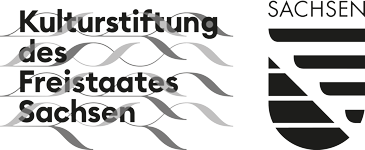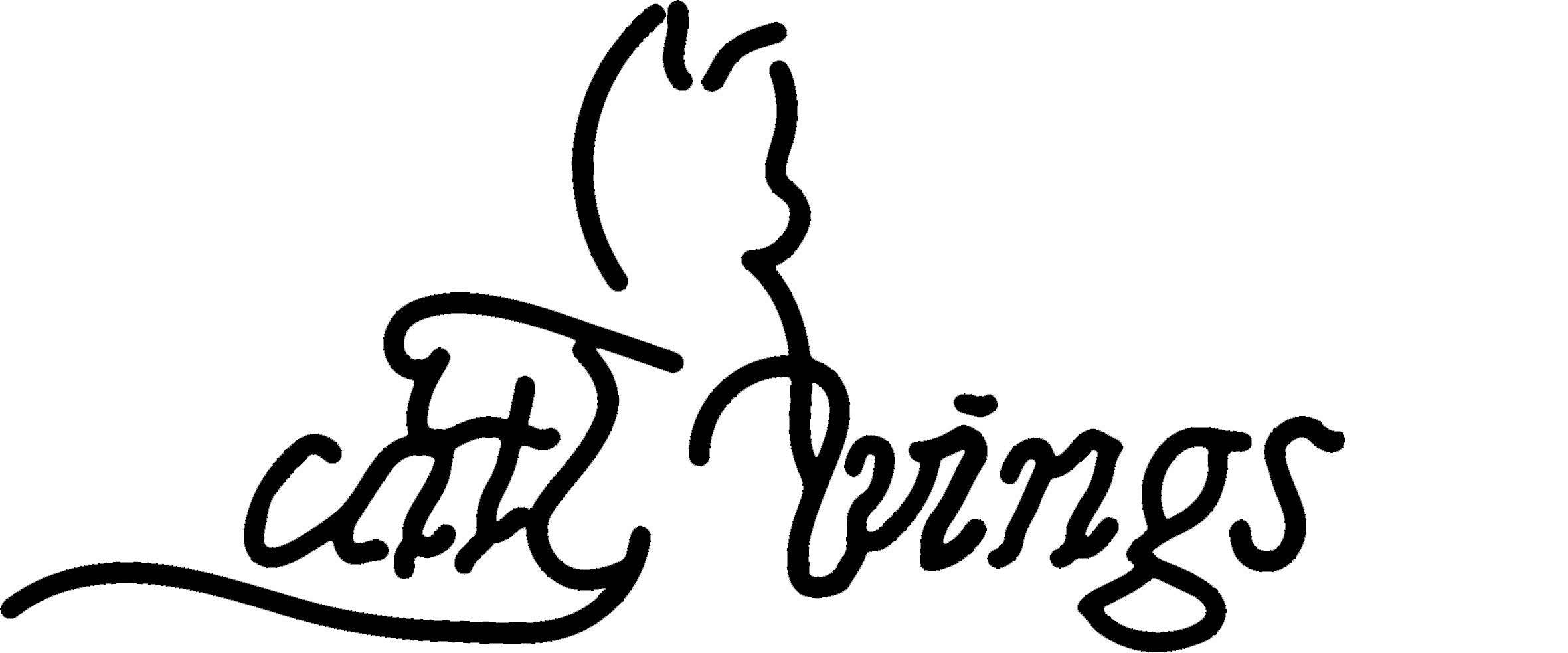Hosting, facilitating and organizing in collective structures can come with a lot of baggage. To work within self-organized frameworks, outside established institutions, without a static (economic) infrastructure, might offer the freedom to do things differently, but can also inadvertently (re)generate precarious conditions in which participants are overworked, take up several roles simultaneously, and are left without the capacity to fully embody their ethics.
As a collective, we repeatedly find ourselves navigating questions such as: What is the ethical dimension of hosting in collective knowledge production? What are the power relations we need to consider as hosts, how can they be reflected or even deconstructed/unlearned? How to navigate the responsibilities and affective investments of the host within the limitations of precarious working conditions?
With our research, we aim to dive deeper into characteristics, contradictions and possibilities of hosting in the specific frame of (often precarious) self-organized structures in order to develop strategies and tools to navigate responsible and sustainable hosting practices. While current discourses around rethinking hospitality in art institutions, that inform concepts of the museum, the curator as good hosts, reveal similarities to the relational template of parental care (Fraser 2016), we want to propose the good enough host (Winnicott 1956) as a potential strategy for non-institutional facilitation. Rather than situating our idea of hosting in the good/bad binary, the good enough offers us a way to engage with ambivalences and difficulties inherent to the role of the host.
Based on this proposition our research aims to create a common pool of knowledge and references through conversations, exchange of experiences and close readings, in which we engage with texts regarding hosting and collective organizing (e.g. A. Fraser, A. Martinis Roe, D.W. Winnicott, Jo Freeman). In engaging in conversations and interview with collectives and cultural practitioners working in fields of accessibility, cultural labor unionizing and collective research facilitation we deepen our research on practical steps and strategies. Based on their input, we aim to collectively develop tools, such as protocols or guides for navigating capabilities, responsibilities and boundaries of the host.
Ongoing research Project
2021–ongoing
The Sticky Library is a growing affective, (inter-)subjective library initiated by Catwings in 2021. The library consists of gifted and borrowed personal books of friends and acquaintances which relate to Catwings ideas and central aims.
With the Sticky Library we aim to create a common pot of knowledge, through which we can relate through our favorite books - not only by reading the same words, but also by retracing each others perspectives in the way we read and think about it.

Each book holds imprints of it's previous owner, through dog ears, crinkles, underlined sentences or notes.
Each book gives an insight into each one's personal reading and focus.
Each book is accompanied by a bookmark created by the doner, which hold poems, drawings, quotes or notes to the reader.
During the duration of our Winter Program the Sticky Library is hosted by Orinoco Books, where everyone is invited to engage with our books, leave traces and notes.
If you would like to contribute to our library, feel free to send us an email: catwings.space@gmail.com or leave us your contribution at Orinoco Books.



